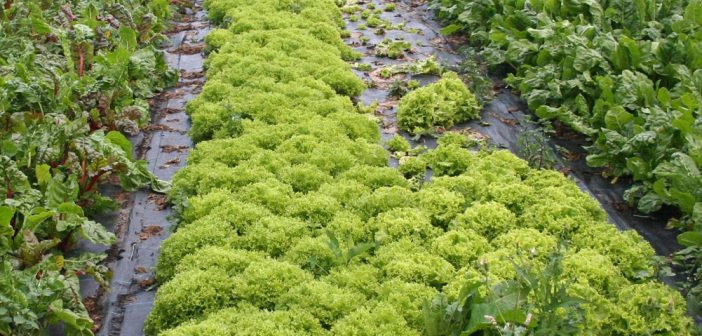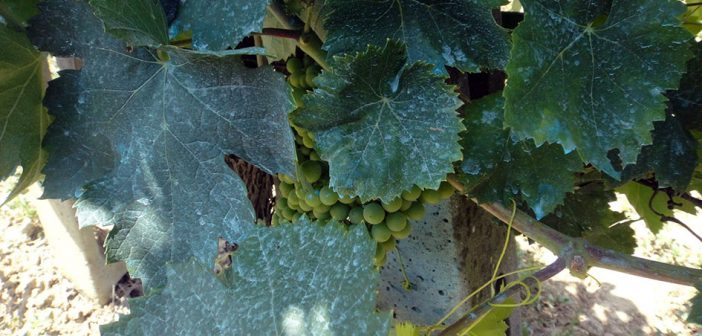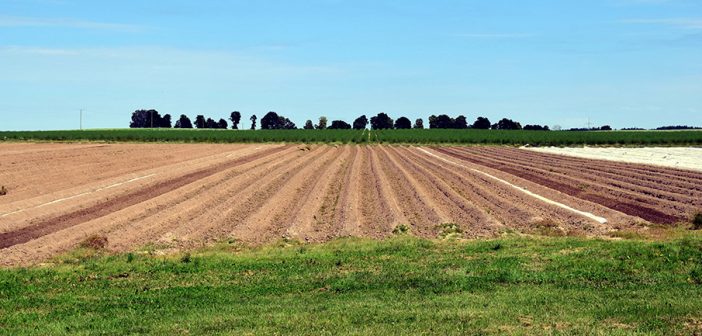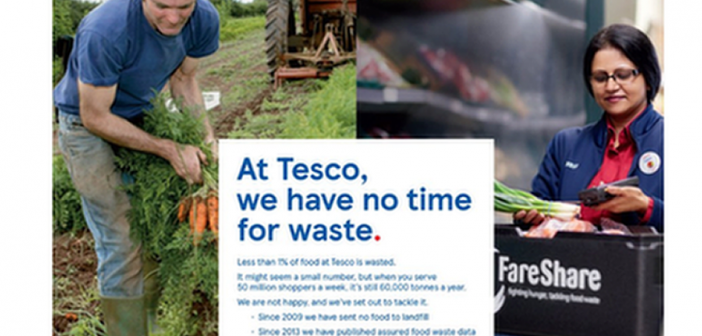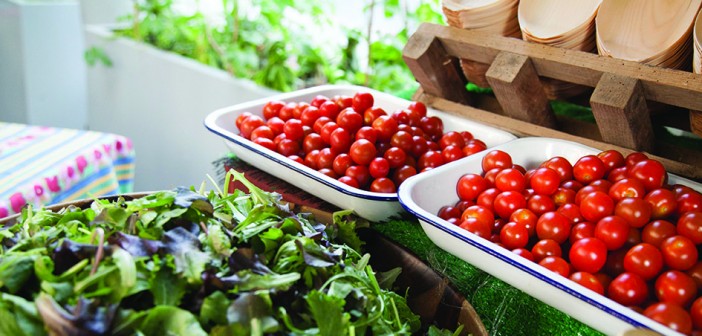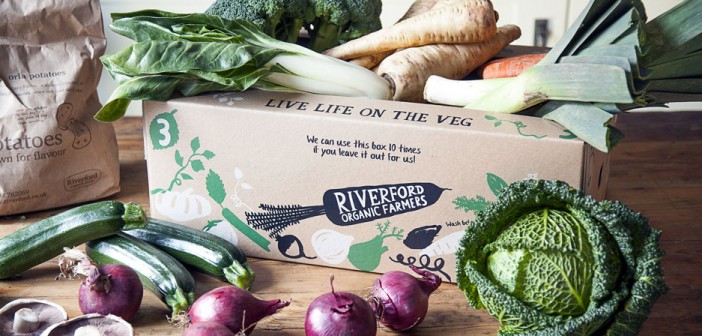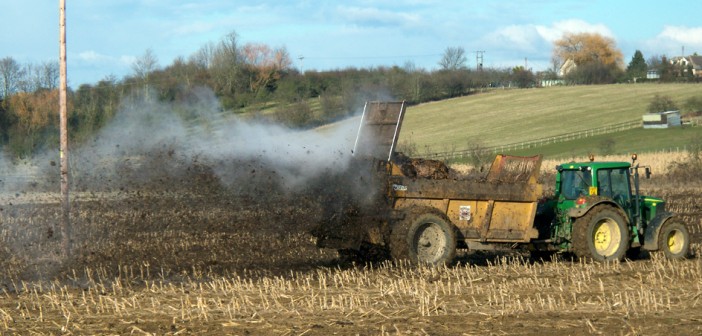Speaking to the Financial Times, organic farmer Guy Singh-Watson of Riverford says that organic produce has yet to become mainstream and that consumers must get used to paying more.
“I just hate the fact that the food choices we make have become defining of status and class,” he said. Supplying around 50,000 boxes of produce a week, Riverford runs the largest organic box scheme in the UK, with a turnover of almost £60 million last year. Accepting that his organic produce costs about 30 per cent more than conventionally-grown vegetables in the supermarkets, he said that consumers should expect to pay more – as much as double in the case of some organic meat products. “You have got to expect to pay more,” Guy added, “As anyone would, certainly in northern Europe. You are paying for it being grown on a small scale, for the reduced environmental impact: for loads of external costs which are not considered in our simplistic, neoliberal way of looking at the world.”
The Soil Association pointed out that in much of Europe organic food is seen as more mainstream, with many public bodies, such as the city government in Amsterdam and Denmark, where organic produce is supported by the public sector. Business Development Director Clare McDermott added that she hoped that recent moves by the London borough of Tower Hamlets to include 15 per cent organic ingredients in free school meals could lead to a growth in demand.
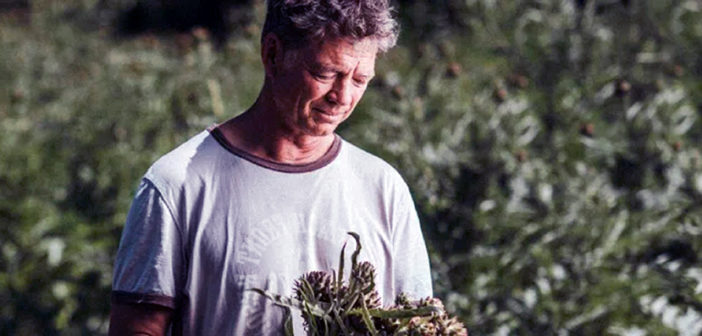
Photo Caption: Guy Singh-Watson says consumers should be prepared to pay more to eat organic produce
Photo Credit: Riverford The post UK organics hope for European scale growth appeared first on Hort News
